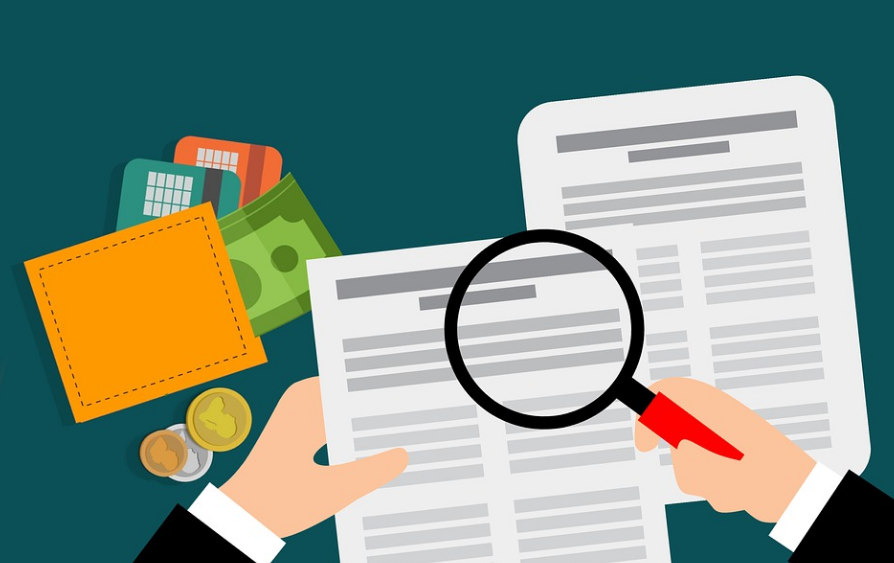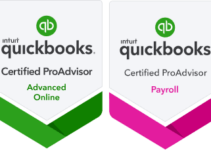Writers-even the best ones, the cream of the crop, the wittiest, most charming writers of all time- have, at one time or another, experienced the dreaded attack of ‘writer’s block.’
This is what happens when writers are faced with a blank page and find themselves unable to write even a single sentence, phrase or word.
They may spend hours or days looking at the vast, emptiness of that white page or blank screen and announce, in the direst tones, “I have writer’s block.”
24% nearly always had writer’s block and 70% of students experienced writer’s block occasionally.
This can last from days to weeks to years. In some cases, writer’s block has forced many to abandon a project, a new book or even a career in writing. for those who persevere though, the rewards could turn out sweet.
8 Ways to Deal with Writer’s Block in 2024
Don’t Confuse Writer’s Block and Procrastination
Writer’s block doesn’t always exist. Sometimes, you’re just procrastinating on something you don’t want to do. So before reading this sentence, be honest with yourself: are you really struggling creatively or are you just delaying something that is not fun?
However, there’s a big difference between writer’s block and simply putting off work to finish it later. Writer’s block is a temporary condition that could last from hours, days or weeks at the most.
It occurs when writers are trying to force themselves to come up with ideas for a specific topic they have been assigned or to write something down even if they have nothing to say.
Written communication is a part of virtually every job, whether you are writing reports for work, essays for school or pitches for your boss.
Sooner or later, most people encounter communication problems at some point in their lives. All students must learn how to write good papers and all business people must write up proposals
So, if you get writer’s block, don’t be discouraged right away. Here are some tips you could follow to get you back on writing’s good graces:
1. Do something else:
Pour your creative juices onto something else like painting, designing, scrap booking or even re-decorating your room. Work on that for hours or days and then go back to your writing.
Sometimes, writing the whole time may decrease your productivity and creativity. Learn to jump from one art to another to shake your creative juices loose.
Writer’s block can be caused by too much stress so you need to relax. Watch your favorite movie, go out with your friends and just chill.
Don’t think about anything in particular or ponder on any subject-forget literature or writing for a while. Give yourself time to recover from the pressure of daily living, especially deadlines.
2. Do free writing:

Sometimes, it helps when you just write whatever is in your mind. Spend some minutes in your day to just write freely, ignore punctuation and grammar and allow it to be totally random.
Always carry a notebook with you. Ricky Lee once said in a university seminar that he had tons of unpublished manuscripts set aside because sometimes, he really just liked to write-not because he needed to meet a deadline or finish a project.
He wrote just for the sake of writing. And that spontaneity, that impulsiveness, has made him love it more.
3. Start whenever you please:
Don’t worry if you start in ‘medias res’ or in the middle part of a story. Chronology isn’t as important in the beginning. You could start with the ending and just work your way to the beginning of the story or article or essay.
Edgar Allan Poe, one of the most famous horror writers of all time, started some of his stories writing the ending first.
4. Move:
It doesn’t help your mind and body if you only sit in front of your computer for hours on end. If there’s nothing happening to your screen or paper, if there’s no movement there, then move.
Dance, learn yoga, go to the mall or swim. Exercise is also good.
Movement helps because it improves circulation and circulation means more oxygen and blood to the brain, which means improved higher brain functions-which, basically means, you’ll have more energy to write.
5. Meditate:
A relaxed mind help you be more imaginative.
Though some folks can write with rock music blasting through the background, plenty of old-school writers still prefer solitude or at least a writing environment with less distractions. This way, they’re able to focus more and write better.
6. Stay away from distractions:
If the distractions really prove insurmountable, do something to get rid of them. Either turn off your phone or disconnect from the Internet.
Clean your workspace. If you happen to work beside people who like to play their music loud, or if the construction work in the next room, and the noise is really bothering with you, then it would be better if you get yourself a new set of headphones with noise-cancelling features.
Many writers have said that they don’t mind writing a bad first draft as long as it helps them get going. If you think your skills are too rusty and if your ideas aren’t coming, then take the ‘shitty’ first approach.
Read through it later on, but let yourself write. You can go back and edit it later on.
Find a quiet place where you could really think about the possible facts about the story you’re going to write. Utilize all of your resources, from library books to Internet articles or even magazines or newspapers.
Having concrete facts will help you make sure that your characters, plot and world are not totally unrealistic.
7. Spend some time away from writing:
Do something else. Shop. Have fun with friends. Cook a meal you’ve never cooked before. Go on a trip. Some people release some of their stress this way. However, just remember not to go past your spending.
Writers aren’t exactly known for being smart with money. For most writers, money is a nice incentive but it doesn’t make the world go round.
So they spend their money on books instead of food, or shoes or clothes they need. Don’t be a cliche’.
Maxing out your savings or credit card might make you feel good today-especially if the writing isn’t going so well-but it’ll leave you with more problems in the long run.
So when you try to escape writing blues, spend only as much as you could afford to lose-and no more than that.
8. Write as you wake up:
Write when you’re still half asleep. Put a notepad by the bed and the moment you open your eyes, write the first few things that come to your mind. You’ll have fun discovering what you think of when you’re only half lucid.
Sometimes, the things you think about when you’re half asleep so completely different from what’s in your mind when you’re fully awake.
Writing them down can inspire new ideas or plots for stories-or just give you something so pleasurable to do before you get out of bed.
Quick Links:
- Powerful Techniques to Set Your Mind to Write Stunning Articles
- Motivational Eric Butterworth Quotes To Be Happy
- Best Motivational Speaker
Conclusion: Ways to Deal with “Writer’s Block” in 2024
Many writers have said that they don’t mind writing a bad first draft as long as it helps them get going.
If you think your skills are too rusty and if your ideas aren’t coming, then take the ‘shitty’ first approach.
You’ll have fun discovering what you think of when you’re only half lucid. Writing them down can inspire new ideas or plots for stories-or just give you something so pleasurable to do before you get out of bed.
Apply these tips, and hopefully, you’ll find that managing and overcoming writer’s block is easy-with the right motivation and attitude. So, good luck and happy writing!




